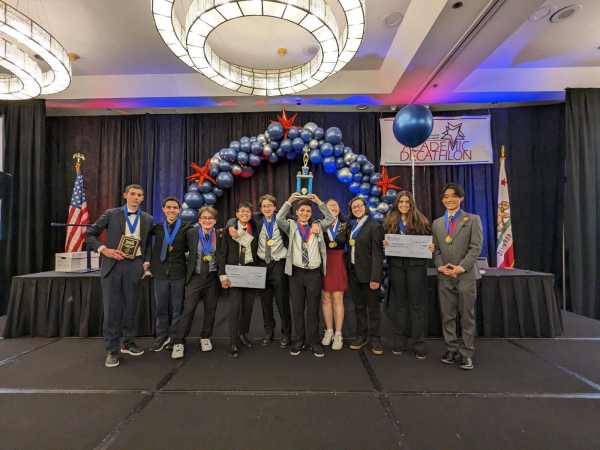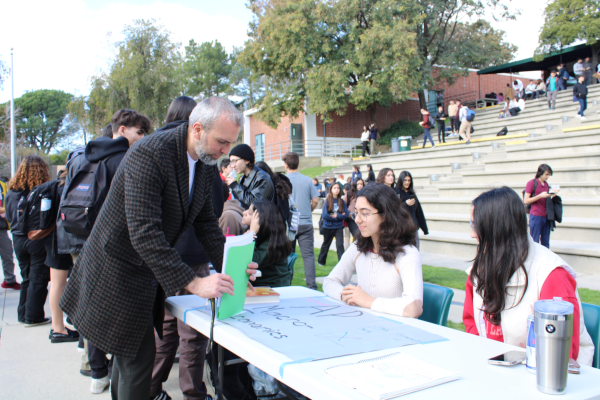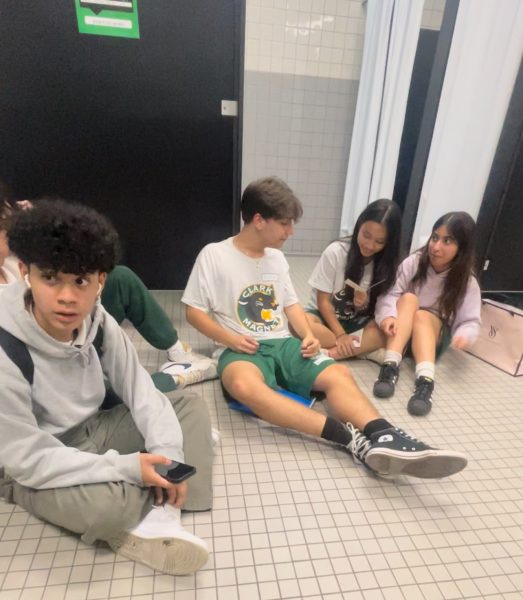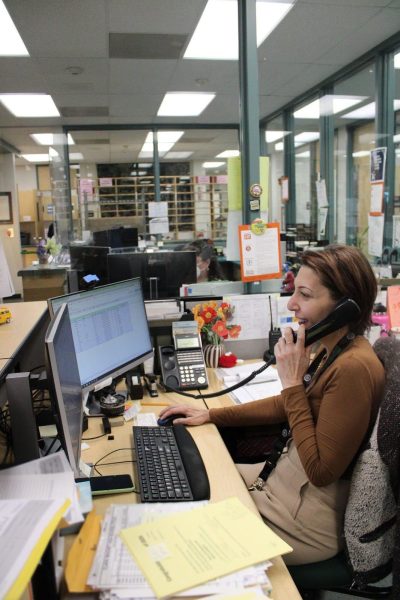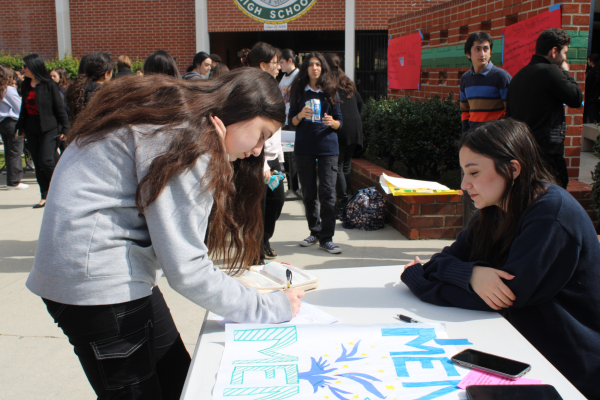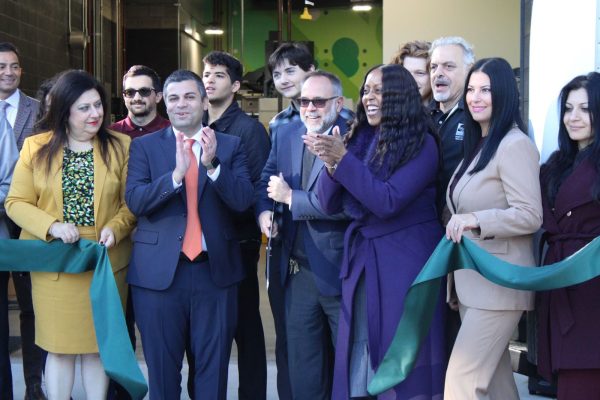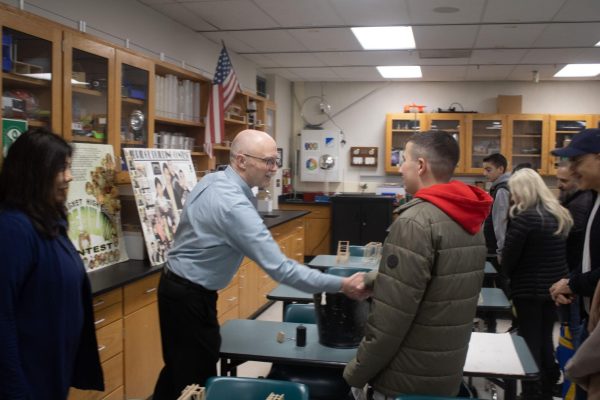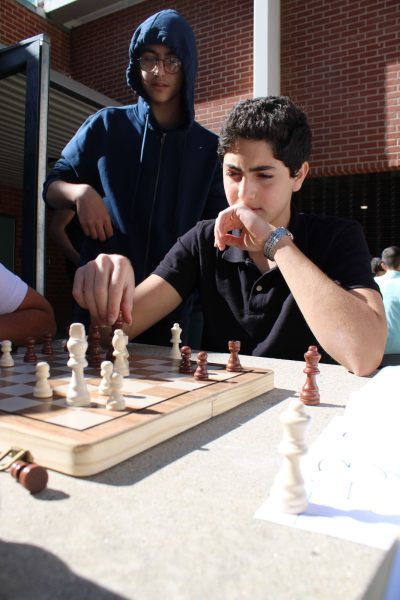Seniors see no hope for senior project
“The senior project meeting was 20 minutes long, and the entire time, all that was discussed was how the majority of the senior project proposals were not inspiring, or a senior level of achievement,” said senior Patrick Manouki after attending the senior class assembly held Sept. 6.
Due to the large number of senior project topics and theses that were denied or needed clarification, the school decided to conduct a meeting with the senior class to discuss the aspects of the project that needed to be revised to be made more challenging or thought- provoking. Manouki said that the meeting was neither informative nor helpful.
“We were told be be more thoughtful about our topics; however, we were not told how to do that,” he said. “The board set three days in the week where we could go to talk to them about fixing our topics to have them approved, but we were never told what steps to take to make the project a more senior level of achievement.”
Since the first class of seniors at Clark, twelfth grade English teachers have been working with their students to produce a senior project at the end of the year to be presented to a panel of judges. For 14 years, students and teachers had kept to the same pattern of filling out forms, writing persuasive essays, and presenting at the end of the year.
After over a decade of routine projects, with the same teachers reading the same papers, the school decided to bring an expert in from the Senior Project Institute in October 2012.
The meeting between the institute representative and Clark staff led to several different possibilities of improving the process of the senior projects. One of those possibilities was the addition of a Senior Project Advisory Board. The board consists of ten Clark staff members from different departments who do not work with the seniors on the senior project, to assist the senior English teachers by offering students advice on their papers, and well as approving senior project ideas.
Spanish teacher Anne Reinhard is the current coordinator of the senior projects, and was involved in the decision making of adding an advisory board. “It is difficult for English teachers to be an expert in all areas and help kids with all of their senior projects,” Reinhard said. “Putting together the advisory board helps involve the staff more about what’s going on, bring together a wider range of expertise so that when the students propose a project, someone will be able to recognize its potential because they have a different experience, and expertise.”
According to some English teachers, the advisory board’s approval process has become burdensome due to scheduling conflicts. This year, the majority of project ideas were rejected or needed clarification, which means that students needed to either change project topics or edit current ones.
Such edits have set back the first deadline of finding sources for the persuasive essay, which requires an outline by the end of September. The students, teachers and advisory board have begun to have conflicts about deadlines and project approval.
Senior Sherry Zaki has been one of the students affected by the new advisory board. “I appreciate the comments that the advisory board have written to assist in my project,” Zaki said. “However, the additions I make are going to push back the date that my annotated bibliography is due, giving me less time for each step of the writing process for my persuasive paper.”




